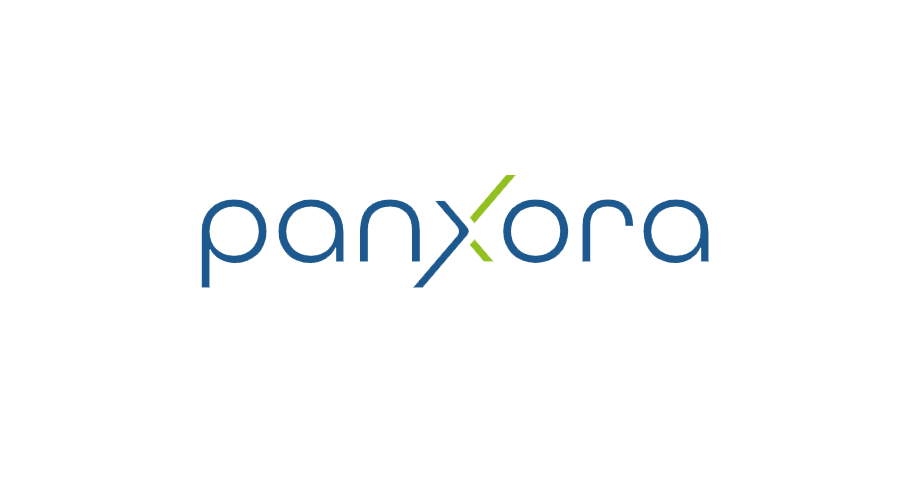The Panxora Group, a cryptocurrency consortium, today announced the launch of its ICO Treasury Management Service (TMS). The TMS helps founders manage the capital raised through Initial Coin Offerings (ICOs) to ensure that it is preserved from the volatility of cryptocurrency and can support business growth.
Recent research has shown that over half of ICOs fail within four months of their launch, often due to financial mismanagement. For young crypto companies, managing ICO capital is a daunting task. Keeping it in crypto exposes it to volatility and risks loss, while converting it immediately to fiat could mean a missed opportunity to take advantage of a rising crypto market. In response,
Panxora has launched the TMS to help crypto projects face the challenge of managing the funds they raise.
Gavin Smith, CEO of Panxora said: “Too many exciting ICO projects have fallen by the wayside due to poor financial management. With the TMS, ICO founders no longer need to worry about being able to keep the lights on and can instead focus on their ideas.”
Over Smith’s 20 years’ experience in investment banking and commodities, he saw the big players regularly using hedging strategies to tackle volatility. This not only preserves value, but can also represent upwards of 50% of the commodity company’s yearly profits. Commodity markets and cryptocurrency share many characteristics so he saw an opportunity to create a competitive advantage for his ICO clients by transferring this expertise to the cryptocurrency industry.
Using active hedge strategies based on AI trading algorithms, coupled with passive hedge balancing, the TMS can create a balance between capital growth and preservation, depending on the risk appetite of each client. The client dictates how much capital they need each month, which they can transfer into their operating account, ensuring that they can finance daily operations.
Panxora’s AI models were used to manage $2.9m raised during Panxora’s Tessier-Ashpool token sale in 2017. After 15 months of trading, the company moved $2.1m profit into an operating account, invested in 5 companies, run the business for 15 months and still has the original $2.9m plus an extra $200,000 sitting in the bank. Dynamic hedge management generated an increase of 76% during a period in which Bitcoin was down 16%.
Mr. Smith concluded: “Having a plan in place for responsible management of a token’s assets is not just good for the company itself. It’s a signal to investors that says: we’re serious about making this business work, taking responsibility for the capital you’ve entrusted to us. We think this is an important step forward in the maturation of the token industry.”














